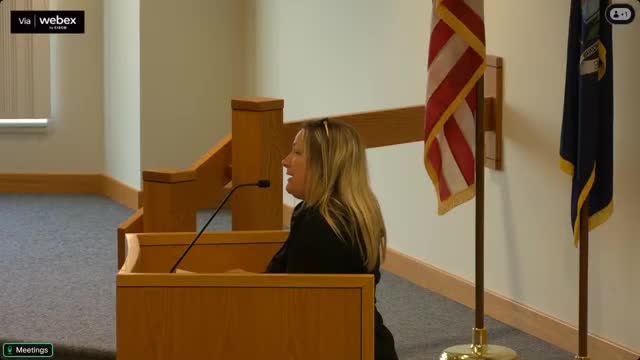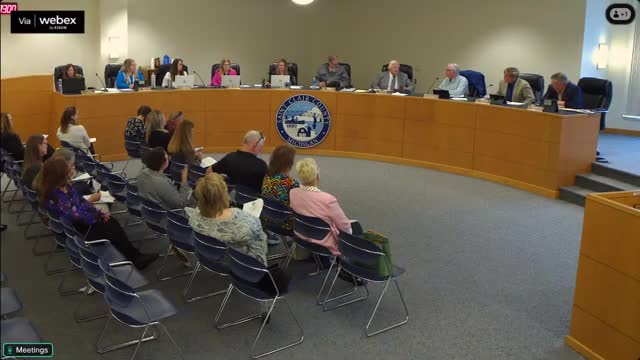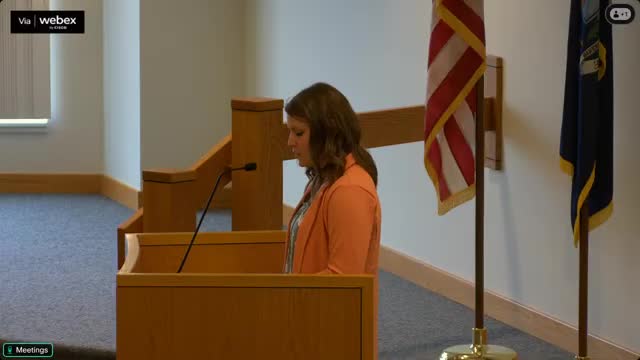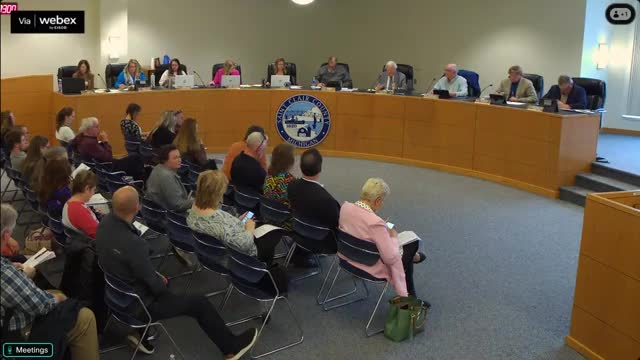Article not found
This article is no longer available. But don't worry—we've gathered other articles that discuss the same topic.

Residents press county over Smith Creek landfill bioreactor, demand limits on septage and outside waste

County moves court software change order — $64,400 requested as courts push to finish million-dollar system

MSU Extension reports 2024 participation and programs to county commissioners

